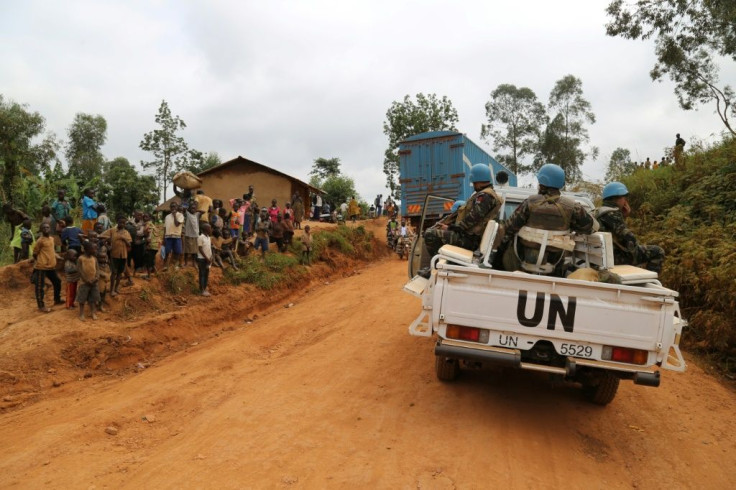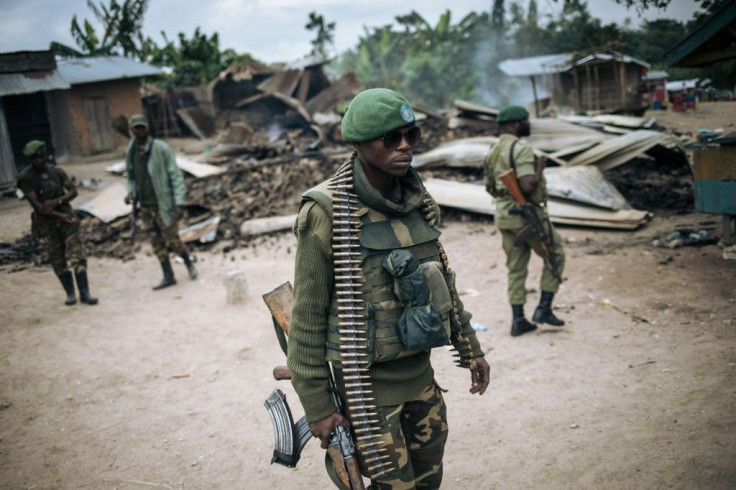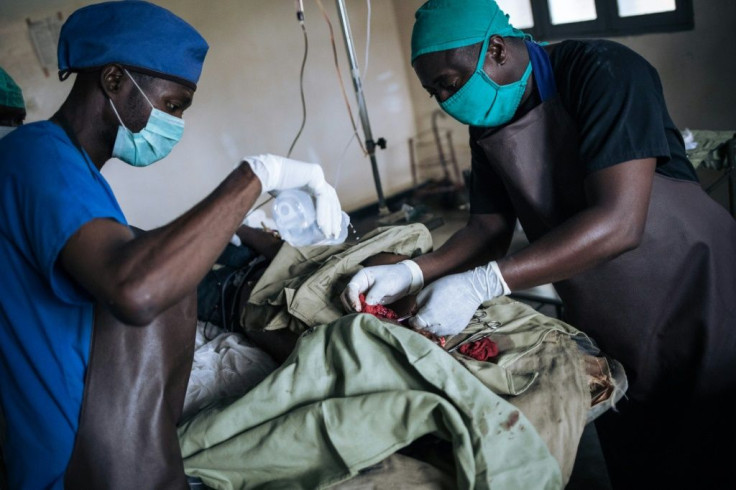ADF Militia Kills Dozens In Eastern DR Congo
Dozens of civilians have been killed in eastern DR Congo in the latest of a string of massacres by the notorious ADF militia, a UN source and a local NGO told AFP on Wednesday.
The Allied Democratic Forces (ADF) have killed hundreds in the region since late 2019, in apparent retaliation for a military offensive against their bases.
The UN source, speaking on condition of anonymity, said at least 22 people were killed in two attacks on Monday and Tuesday in the south of Ituri province, near the border with North Kivu province.
At least 16 others were killed last Friday and on Sunday, the source said.

A local NGO called Cepadho said in a statement that "at least 40 civilians (were) massacred" on Monday and Tuesday in the territory of Irumu in southern Ituri.
A separate source, a monitoring group called the Kivu Security Tracker (KST), said the bodies of 17 civilians had been found in Makutano, in Irumu, on Monday and Tuesday.
KST said the number of massacres in eastern DRC was "increasing sharply."
The group said that since May 7 it had recorded the deaths of 50 civilians, attributed to the ADF, in the North Kivu area of Beni alone.
Deaths attributed to the ADF in April totalled 30, the KST said.

The ADF is a mainly Muslim movement that originated in neighbouring Uganda in the 1990s, opposed to the rule of Ugandan President Yoweri Museveni.
In 1995 it moved into the DRC, which became its base of operations, although it has not carried out attacks inside Uganda for years.
A report to the UN Security Council in January said that the ADF has the characteristics of both an armed group and a criminal organisation, while its members appeared to uphold a radical Islamist ideology.

Information is insufficient to prove that the ADF has any ties with international Islamic extremist movements, the report said.
DR Congo's armed forces launched an offensive against the ADF in October 2019.
Since then, they have reported a series of what they describe as successful operations, including the destruction of "all the ADF strongholds" in the forest and jungle around Beni, and having killed five out of six known rebel leaders.
Some 2,000 kilometres (1,200 miles) distant from the capital Kinshasa, the Democratic Republic of Congo's east is one of Africa's flashpoints.
It was the theatre of two major wars, which ran from 1996-1997 and from 1998-2003, the second of which eventually involved nine countries and two dozen armed groups.
Millions died from the fighting, disease or malnutrition.
Violence and volatility remain acute, and North Kivu in particular has suffered at the hands of militia groups.
Ethnic violence in Ituri, meanwhile, has claimed nearly 300 lives since March, and around 200,000 people have fled their homes.
The authorities blame the crisis on a political-religious sect called the Cooperative for the Development of Congo (CODECO), mainly drawn from the Lendu ethnic group.
On May 19, Nobel peace laureate Denis Mukwege urged the country not to ignore the problems in the east as it focused on the coronavirus pandemic.
"The COVID-19 crisis must not make us forget the atrocities which are taking place," said Mukwege.
Mukwege is a gynaecologist hailed for his work with women raped by armed rebels in South Kivu and coordinates the coronavirus fight in the eastern regions.
© Copyright AFP 2024. All rights reserved.





















